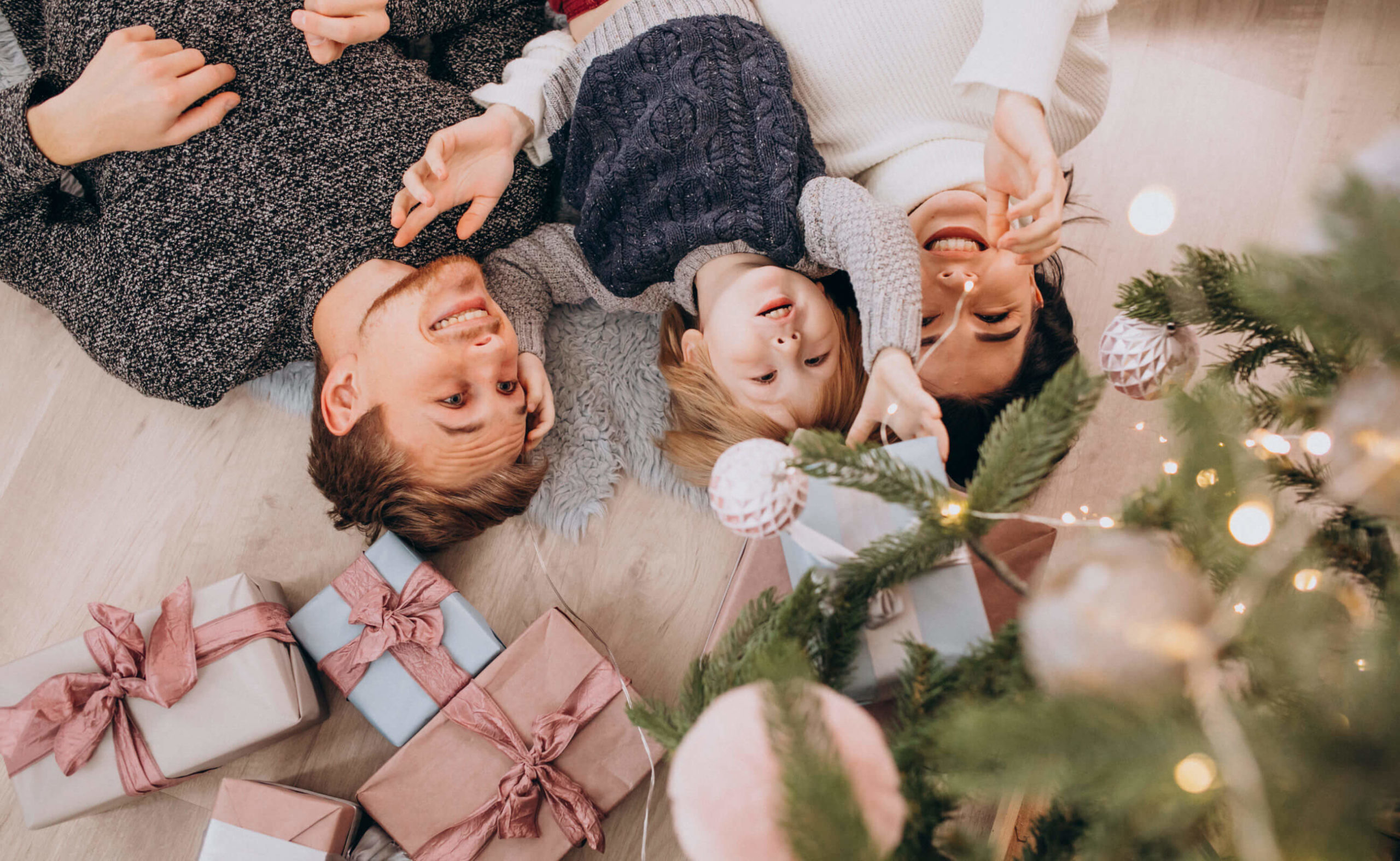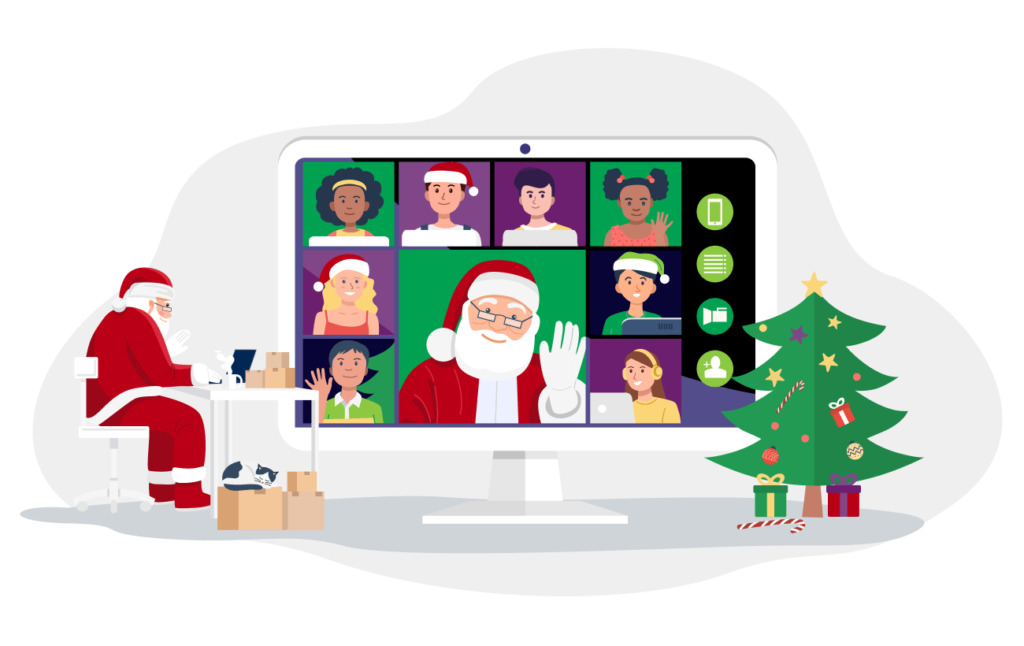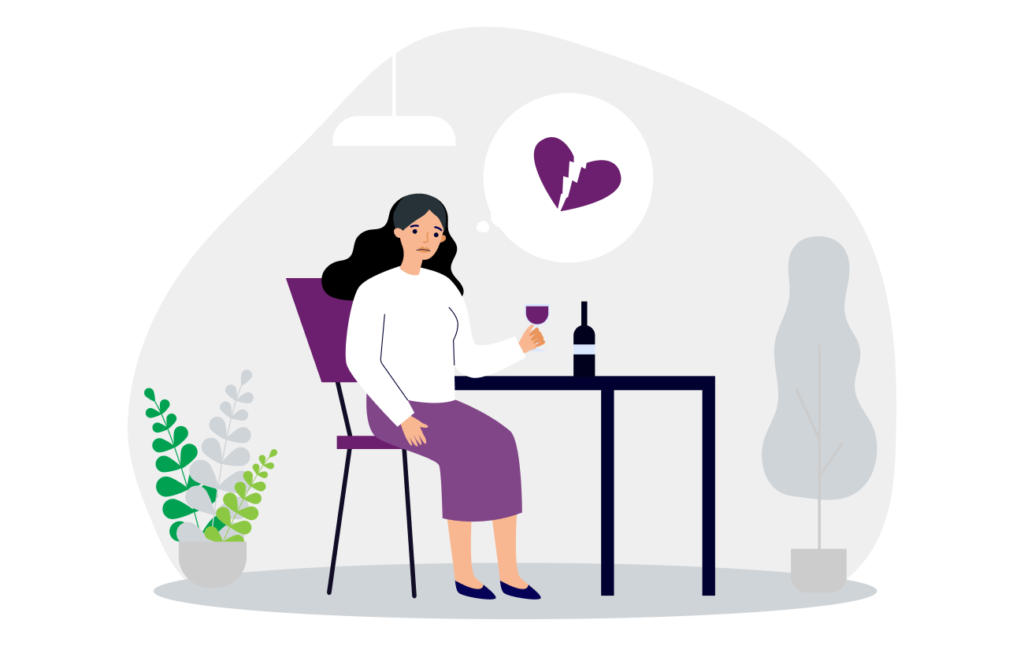A Holiday Season Like No Other: How to Care for Your Mental Health

I lost my Dad this year.
Sometimes even saying – or in this case, typing – those words still seems surreal. And, after a year that has brought so much grief and tragedy for so many people, the upcoming holiday season, with all of its cautions and restrictions, can seem exceptionally overwhelming. I’m trying to stay strong and keep it together, but it’s important to remember that we’re not invincible, and grief can take its toll.
In addition to seeking out individual therapy through Doctor On Demand, I recently had a chance to talk with CDPHP Behavioral Health Medical Director, Dr. Vanessa Bobb, to discuss how I, and so many like me, can best handle this season.
Dealing with Grief during the Holidays
Following a loved one’s death is a year of “firsts” without them, and they can be very difficult. The most important thing to do, according to Dr. Bobb, is to acknowledge emotions. Putting on a brave face or faking feeling happy can do more harm than good in the long term. Expressing the emotions you are feeling also shows children and other loved ones that it’s OK to feel sad, even during what’s supposed to be a happy time.
That said, the days do not have to be spend in misery. You will likely cycle in and out of grief-filled moments, especially when taking the time to memorialize loved ones who have passed. While it may be difficult, sharing stories or reciting prayers or poems can help acknowledge the important role they once played in everyone’s lives.

Staying Connected While Apart during COVID-19
Of course, the 2020 holiday season will be like no other, whether you’re dealing with personal loss, or the lasting effects of a global pandemic. And while experts are cautioning families against spending the holidays together, Dr. Bobb stresses that remaining connected is vital.
“Social supports and social connectedness are so important for mental health and well-being. They’re a way of reinforcing and strengthening relationships. Humans are social beings, and so being connected to friends and communities helps us to remain grounded,” she said.
For families choosing to scale back their holiday dinners, Dr. Bobb suggests creating a smaller version of what they would have normally done within their own households. “I have also heard of neighbors safely swapping dishes to enjoy a variety of foods, and – if the weather happens to cooperate – having dessert outside with others could be an option,” said Dr. Bobb.
Although folks may be “Zoom-ed out” at this stage of the pandemic, the platform is waiving its 40-minute meeting limit for Thanksgiving, which could enable families to gather and dine virtually. Dr. Bobb also recommends setting a time for kids to play online games together, or choose a household activity or project to do, like decorating for the theme of the holiday.
Preparing Children for a Different Kind of Holiday Season
As a parent who just lost a parent, I am not only struggling with my own grief, but paying close attention to how my kids are reacting as well, and that is of course coupled with the fact that my children and I may not be celebrating the holidays the usual way. Dr. Bobb suggests strategizing, by giving children advance notice, so they can be prepared that celebrations will be different this year.
“Let kids know it is OK to be disappointed, and listen to what aspects in particular they will miss. Ask them what ideas they have for still having a fun holiday. Some suggestions could include coloring, games, and preparing dishes for neighbors. Ask if there is anything they would like for the menu at their own house, and allow them to participate and offer their ideas for the ways they’d like to celebrate and stay connected,” Dr. Bobb suggests.

Declining Holiday-Related Invitations
If your family is planning to gather for the holidays but you do not feel comfortable doing so, Dr. Bobb suggests “Share that you care for them and value their relationship, and under normal circumstances, you would love to join them. However, this year, you are following the recommendations of local and state health officials, and as a result, will not be able to join in person.”
“Families not gathering in person should exchange ideas of how to connect in advance, to ensure they will still be able to interact in some form during the holiday season,” said Dr. Bobb.

The Importance of Self-Care
In addition to the aforementioned recommendations, one of the simplest ways to take care of yourself around the holidays is to be patient, and to take things week by week, or even day by day.
Here are some other tips to remember:
- Rest: Make sure you get enough sleep each night.
- Simplify: Make a to-do list, and don’t overextend yourself. Stick to your normal routine as much as possible.
- Be reasonable: Set expectations and goals you can meet when it comes to shopping, cooking, or even buying gifts and cards.
- Stay active: Even a short walk can help with your mental and physical health.
- Moderation: Be mindful of what you eat and drink. If you’re feeling down, avoid alcohol.
- Relax: Do what you enjoy, and what helps you unwind, such as reading or listening to music.

Resources are available if you begin to experience feelings of stress, anxiety, or depression around the holidays. CDPHP members can call 1-888-320-9584 — 24 hours a day, seven days a week — to speak with someone who can provide you with assistance, and get you the help you need.
 The Daily Dose
The Daily Dose
Comments are closed.